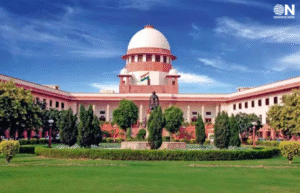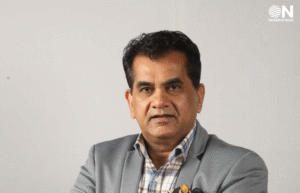India@2047 Summit Stresses AI-Powered Learning to Bridge Graduate Employability Gap

The India@2047 conference in Hyderabad underscored the urgent need to address India’s employability crisis, with experts highlighting artificial intelligence as a transformative tool in higher education. At the summit, VIT Vice President Sekar Viswanathan and EPSI Chairman MR Jayaram noted that only around 10 percent of India’s graduates secure placements each year, a statistic that raises concerns about the country’s ability to prepare its youth for future workforce demands.
Speakers argued that artificial intelligence, when integrated thoughtfully into pedagogy, could be a game-changer in reversing this trend. Personalized learning powered by AI was singled out as a particularly effective approach, capable of tailoring study material, pacing, and assessment to match individual student needs. Such models, they said, not only strengthen subject mastery but also boost student confidence and career readiness.
The experts also emphasized that technology alone is not enough. For AI integration to succeed, institutions must focus on faculty readiness and upskilling, ensuring that teachers are equipped to guide students in AI-driven environments. Faculty development programs, interdisciplinary collaboration, and active adoption of digital tools were recommended as immediate steps for universities and colleges.
The conference further stressed the role of higher education institutions in closing the skills gap by introducing flexible curricula, expanding industry partnerships, and encouraging project-based learning. By doing so, India can align academic programs with the evolving demands of global employers.
The India@2047 summit marked a pivotal moment in reimagining higher education policy. With AI poised to redefine industries ranging from healthcare to manufacturing, experts agreed that India must act swiftly to embed AI into its education system. Such reforms, they argued, will be crucial not only for improving graduate employability but also for positioning India as a global leader in the knowledge economy.
















